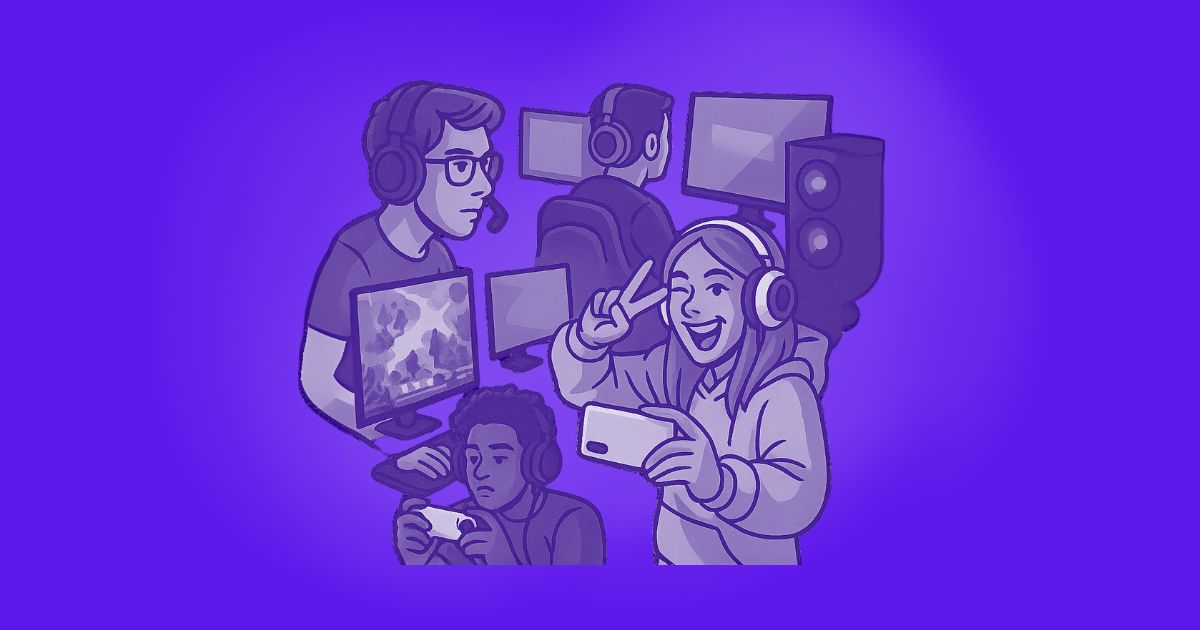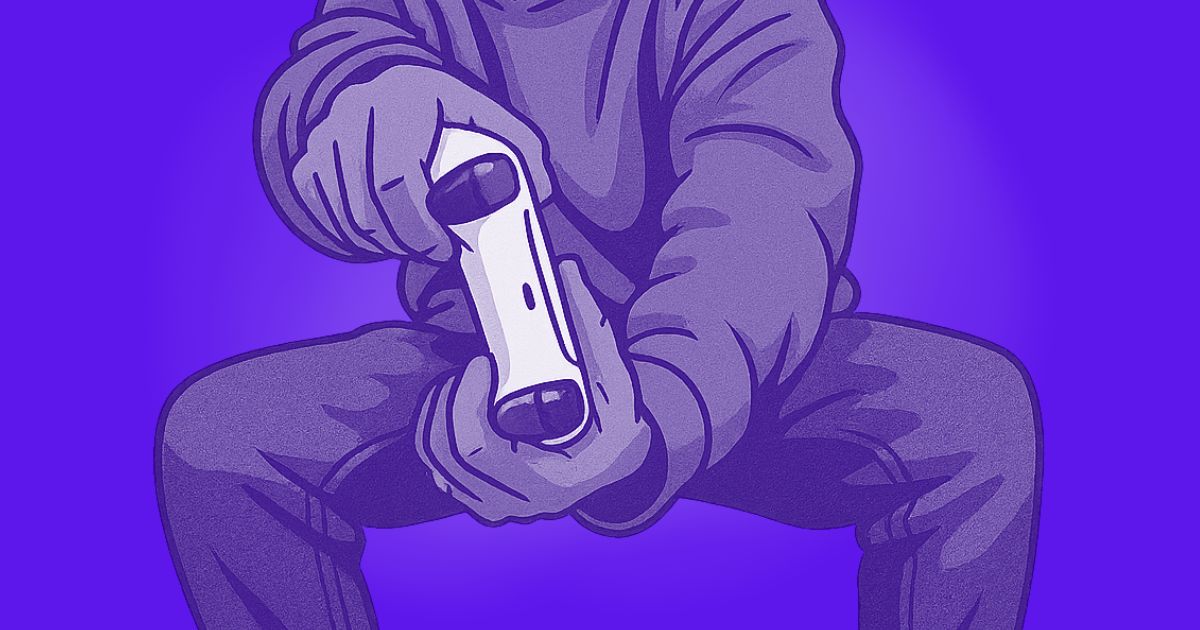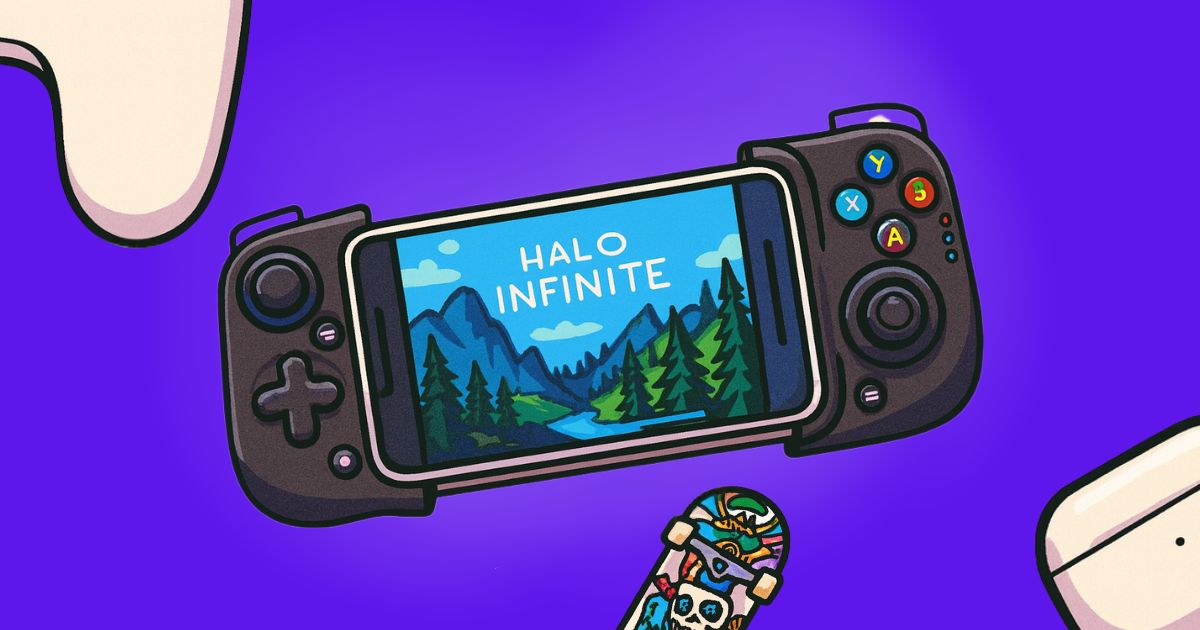In Bangladesh, hundreds of young men pack into internet cafes and living rooms to play on their mobile phones, hoping to win cash. Esports is not a niche; in this case, it is a growing subculture where real money is at stake. Tournaments, streaming, sponsorships: gaming is no longer a hobby; it is a serious business. The environment is unpolished, cutthroat, and rapidly expanding.

Rise of Competitive Gaming in Bangladesh
Local tournaments are attracting bigger crowds than small football matches, and the cash prizes are in thousands of dollars. In Dhaka, matches are organized where halls are rented and stages are installed, complete with live commentary, sponsors, and even links to a betting site for fans seeking extra excitement. The streaming sites provide emerging talents to followers who need new faces.
The players spend hours every day working on tactics and training their reflexes. Teams are forming contracts and securing sponsors from local brands. It is well-organized, business-like, and even more professional. Investors are on the edge of their seats, as they understand that the audience is young, loyal, and willing to spend money on the gear, skins, and bets.

Mobile Gaming’s Accessibility
The mobile gaming market in Bangladesh is booming, expanding into areas where consoles and PCs have never reached. Low-cost phones and low-cost data mean that competition is everywhere:
- Even the teenagers in the rural regions play PUBG Mobile in the tea shops.
- Free Fire is the most downloaded game on low-end phones.
- Schools and markets are often the venues for mobile tournaments.
Such penetration does not restrict mobile gaming to the urban elite. It is altering the definition of sport in Bangladesh, making pocket-sized battles a fad across the country.
Esports Community and Career Building
Esports in Bangladesh is not just about competition. It establishes actual routes for teams and occupations. The participants are not only competing to brag about it; they are making gaming enthusiasm their profession through sponsors, contracts, and events that generate local interest.
✦ Local Teams and Leagues Formation
Teams are becoming serious as they have a well-organized training regime, hiring coaches, and sponsorships from telecom firms. The local leagues feature matches with live commentary and prize pools, which are watched by paying audiences. Players will also practice scrimmaging for several hours a day, observing other players and refining their strategies to gain an advantage. Branding is worthwhile to sponsors, who cover jerseys and livestream overlays with logos.
The events are organized in Dhaka at rented venues, and hence, fans cannot miss them. Matches have a high-stakes feel because events are professionally lit and soundtracked. This framework enables players to compete in small tournaments and then progress to a league level, generating reputations that can be capitalized on through merchandise and streaming. Social media helps teams to reach out to their supporters and also find new talent in a cycle of growth.
✦ New Job Opportunities in Gaming
Besides playing, gaming creates a range of support functions. Shoutcasters make money by analyzing games, and event organizers find sponsors and do logistics. Camera and streams are controlled by production crews, which makes broadcasts look professional. Marketing departments structure campaigns to attract audiences and advertisers.
Streamers develop their brands on YouTube and Facebook Gaming, and they are supported through donations and advertising contracts. Editors assist in producing a highlight reel and tutorials that attract more followers. Marketing outfits are even developing esports campaign departments that provide professionals with an avenue to reach this audience through specific content. This ecosystem offers actual, paying work to the skilled in non-pure gameplay.

Government and Private Sector Involvement
Esports has been recognized as a legitimate sport and has been incorporated into youth development plans by governments. Training facilities and talent pipelines hold potential, as an official sees them as a way to direct young players out of unstructured inactivity into organized competition. Policy is not what private investors are waiting to do; they are constructing arenas and sponsoring events.
Telecom giants sponsor tournaments to promote data sales, while tech brands showcase their equipment at gaming events. Local teams are funded, which enables them to compete more seriously. The outcome is a more lucid business model that encompasses ticket sales, streaming revenue, and merchandise sales. This encouragement makes grassroots gaming a commercially viable sport that has stakes.
Changes in Culture among the Youngsters
Adolescents are forgoing the football field to grind on mobile screens with their friends. Gaming has become one of the main social activities that influences their spending habits and leisure activities. Esports is not a substitute for old sports, but it is redefining competition to an entire generation.
Disclaimer:
This article is original and has not been copied from any website or published source. All facts and figures are provided for informational purposes only, and no copyrighted material is used without permission. Links to third-party sites (including betting platforms) are provided solely for reference; they do not imply endorsement or affiliation by the author or any organization. We accept no responsibility for the content, policies, or practices of external websites. The opinions expressed herein are those of the author alone and do not necessarily reflect the views or positions of any sponsor or institution.